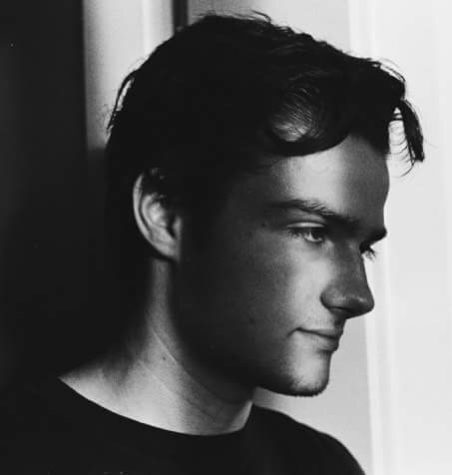Modern Music Gets Personal
April 5, 2018
Music has long been a way to not only express oneself. But more than that, it has been a mechanism to overcome struggle.
For groups like Public Enemy, hip hop was a way to rebel against the institutionalized racism that surrounded them every day. For artists like Elliot Smith, music was a way to channel the emotional struggles ranging from romantic yearning to childhood abuse.
Coping with adversity often results in some of the most unique and poignant music that the industry has to offer. Chance the Rapper exploded in popularity following his acclaimed “Acid Rap” mixtape, a drug addled project where Chance reckons with addiction, the lost innocence of youth, street violence and a host of other topics. He dives into these themes in particular detail on his Obama-approved ballad, “Acid Rain.”
“My big homie died young, just turned older than him,” Chance sings. “I seen it happen, I seen it happen, I see it always. He still be screaming, I see his demons in empty hallways.”
Chance laments the loss of his friend, murdered in Lincoln park at 19-years-old, and the overall violence that plagues cities like Chicago. Music can be used to deal with grief in a way that can not isn’t just extremely personal but also extremely relatable. The loss of a loved one is something that affects everyone. For some, music is one of the only ways to overcome the pain.
Jesse Sgambati, a rapper known as Jesediah and a junior at the Clive Davis Institute of Recorded Music, went into further detail about how music can be used therapeutically in the wake of tragedy.
“After my dad passed away, I wrote a song a day every day for two months,” Jesediah told WSN. “It was truly the only thing that got me through. I found it to be an escape from realities that prove overwhelming –– a world that I can control.”
The accessibility and universality of music means that artists like Jesediah, Chance and countless others can channel their emotions in a way that can reach and comfort others. This is true now more than ever, with artists like SZA and Solange using music to empower generations in a way that’s as poignant as it is exciting.
In Solange’s song “Cranes in the Sky” from her acclaimed album “A Seat at the Table,” the artist uses music as a way to overcome racial prejudice.
“Don’t touch my hair, when it’s the feelings I wear,” she deftly sings. “Don’t touch my soul, when it’s the rhythm I know.”
Solange uses music as a way to confront the stigma not only surrounding black hairstyles but the black community as a whole. Her lyrics are empowered and confrontational. Music is her way of mobilizing a message of self-love and acceptance in a way that truly resonates.
However, for some, music isn’t just an outlet to address adversity. It’s also a way to comfort the soul. Victoria Canal –– a first-year at NYU and subject of recent Mastercard TV commercial with SZA, sat down with WSN to explain her approach to the art form.
“If we’re talking truth here, adversity never played a role in the reason I chose to play music,” Canal said. “I sing because when I sing, nothing else exists — no hatred, no war, no sides, no self-inflicted pressure on time or status. A missing limb? That’s not really the reason I chose to dedicate my life to being an artist.”
Regardless of one’s reasons for creating music, it remains a powerful medium for expression and emotion. Each artist has a different way to approach their craft, leading to the plethora of genres and musical movements that populate the medium. Whether an artist is writing songs to overcome the loss of a family member or to challenge the biogtry of the world, music provides an opportunity for both artists and listeners to explore those emotions that not many other art forms can.
A version of this article appeared in the Thursday, April 5 print edition. Email Connor Gatesman at [email protected].




























































































































































